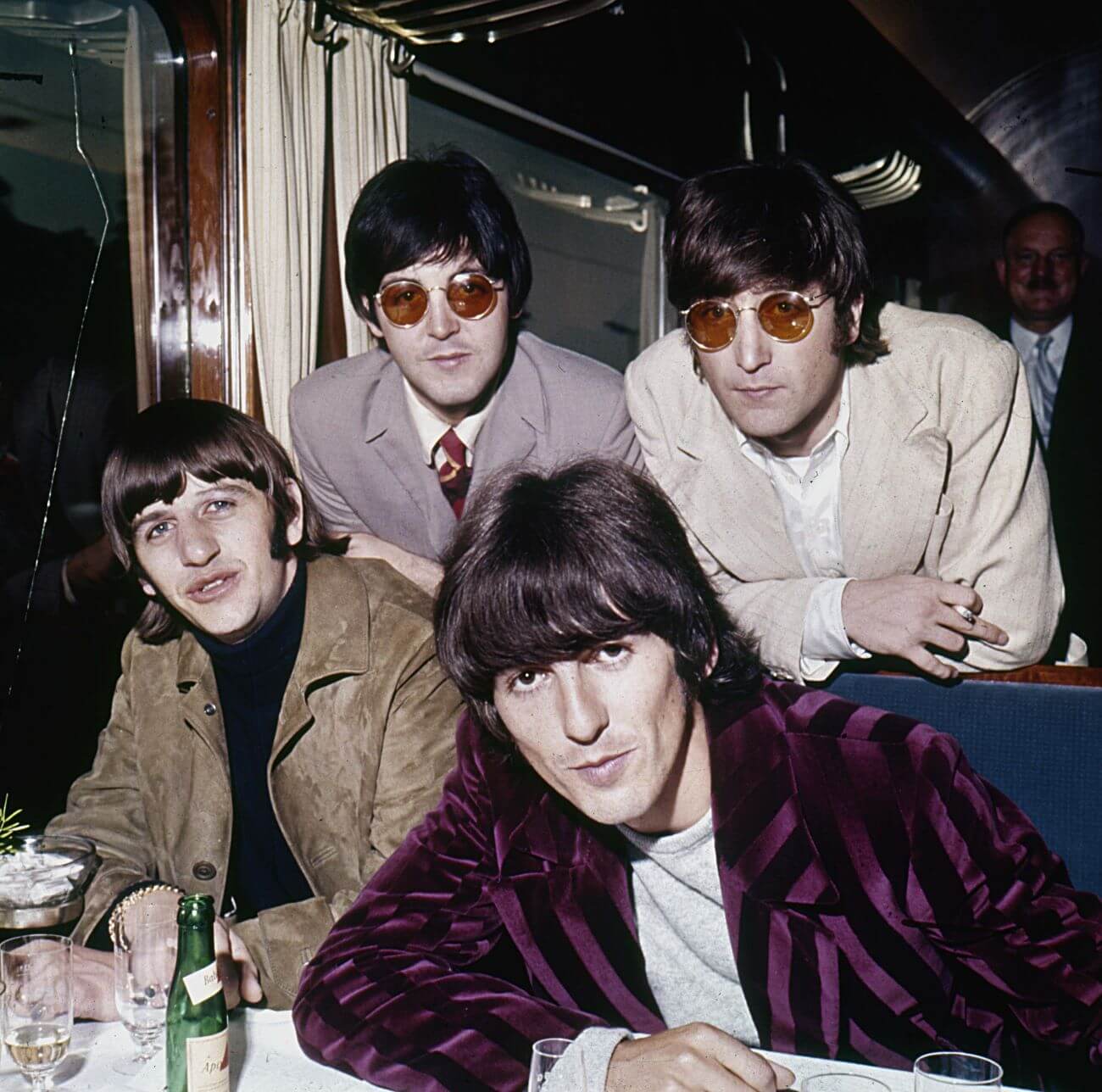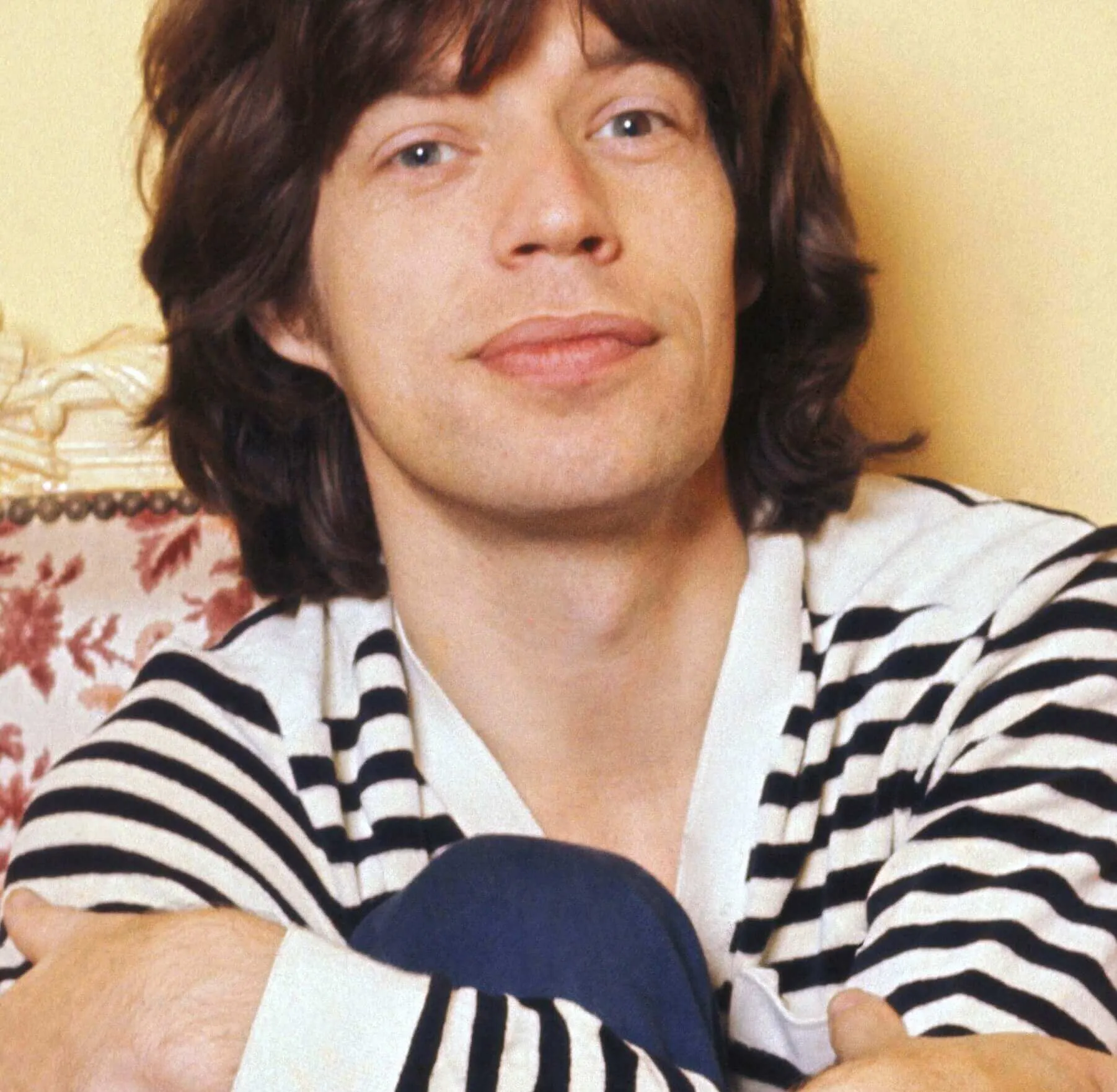To many, The Beatles are a band that can do no wrong. They are the writers of hits, innovative in their approach to creating sonic landscapes that now provide fertile land for creative experimentation and a pivotal factor in what we now call popular music. However, despite being well-received by just about everybody, that didn’t exclude the Fab Four from their fair share of controversy.
Naturally, some releases will be pulled for various reasons when you have a career that spans as long as the Beatles. This happened to John Lennon, Paul McCartney, George Harrison and Ringo Starr on more than one occasion, as music videos, individual songs and whole albums were banned in different parts of the world due to obscenities, advertising conflicts and political issues.
Much of the material has since been reused and has resurfaced in one way or another, but it is still funny to look back on The Beatles career and gander at what could have been. Who knows how things might have changed if some of these songs were allowed to run when they were initially supposed to?
Here are some of the most famous instances where the Beatles had songs, videos and albums banned.
The Beatles video that was banned by the BBC
The Sgt Pepper era was an incredibly famous one for The Beatles. A concept conjured by Paul McCartney, which led to some of their most famous songs and iconic looks, it is one of the moments o their career that will go down in history. Naturally, fans were excited for the ‘Hello, Goodbye’ music video, which would see the band dressed in their Sgt Pepper gear and performing the track, but it was never officially released as the BBC banned it before it could run.
The reason behind the ban is pretty simple: The Beatles weren’t playing the music. Paul McCartney is a man of many talents, but it turns out lip-syncing isn’t one of them. As for the performance, he and the band can be seen not playing their instruments properly and missing out on lyrics.
None of the band members are singing into microphones, which is a bit of a giveaway, plus John Lennon is playing an acoustic guitar which isn’t plugged in. However, the biggest misstep comes about a minute and a half into the song, where McCartney visibly messes up the words, and his eyes open wide in shock and horror.
The video can now be seen on YouTube, and snippets of the footage were also used in The Beatles’ recent video for the song ‘Now and Then’, so it didn’t all go to waste.
The Beatles songs that were banned by the BBC:
‘Come Together’
‘I Am The Walrus’
‘A Day In The Life’
‘Lucy In The Sky With Diamonds’
‘Back in the U.S.S.R’
‘Being for the Benefit of Mr. Kite’
The mantra of ‘you can’t say anything these days’ is thrown around pretty regularly, but upon considering the reasons behind why a lot of The Beatles songs were banned in the 1960s, it shows just how far the radio has come in terms of what it permits artists to discuss in songs. In more instances than one, The Beatles’ ambiguity was their downfall, as the BBC didn’t take issue with the literal lyrics but rather what those lyrics inferred.
A lot of the songs on the banned list come from the Sgt Pepper album, a time when The Beatles were at their most experimental with lyrics and, as such, left a lot of what they were saying open to interpretation. Songs like ‘Being for the Benefit of Mr. Kite’ fell at what the BBC thought to be references to heroin. Lennon originally wrote the song as a psychedelic circus ditty, but the mention of “Henry the horse,” two words which can be slang for heroin, was enough for the BBC to shut it down.
A lot of other Sgt Pepper songs followed a similar trajectory. ‘Lucy In The Sky With Diamonds’, despite Lennon stating it was about a drawing his son had done, was implied to be a song promoting LSD. Additionally, the line “I’d love to turn you on” in ‘A Day In The Life,’ was always believed to be about drugs, something which McCartney later confessed to. “We wrote ‘I’d love to turn you on.’ John and I gave each other a knowing look: ‘Uh-huh, it’s a drug song. You know that, don’t you?’”
Other nonsense lyrics from the songs ‘Come Together’ and ‘I am The Walrus’ saw more bans on what are now much-loved Beatles songs. The line promoting Coca-Cola in ‘Come Together’ violated the BBC’s strict guidelines about advertising and product placement, whereas it was the sexual references in ‘I Am The Walrus’ that replenished it of radio play. “The words didn’t mean a lot,” confessed Lennon, “people draw so many conclusions, and it’s ridiculous. I’ve had tongue in cheek all along-all of them had tongue in cheek. Just because other people see depths of whatever in it… It’s not that serious.”
Finally, ‘Back in the U.S.S.R’ was banned for political reasons, but it didn’t happen until 20 years after the song’s original release. This is due to the start of the first Gulf War in 1990, a period that saw multiple songs banned from the radio. Others included ‘Atomic’ by Blondie and ‘Ghost Town’ by The Specials.
The Beatles album that was banned
The Beatles may have had a ‘squeaky-clean’ image thrust upon them, but that was not all there was to the band. They were always keen on experimenting with their lyrics and sound and making their opinions on political events known. Yesterday and Today was subject to massive controversy when the album artwork was revealed. Making an anti-war stance, the cover saw the Fab Four don white coats and hold dismembered plastic dolls, which were placed at awkward angles and with raw meat covering them. The four band members looked down the barrel of the camera and gave wide grins.
Robert Whitaker, who had worked with the band previously, was responsible for the shot. He called the piece ‘A Somnambulant Adventure’ and described it as a “disruption of the conventions surrounding pop star promotional photography.”
The Beatles’ motivation behind such a controversial cover came from “boredom”, according to John Lennon. As well as “resentment at having to do another photo session and another Beatles thing. We were sick to death of it.”



